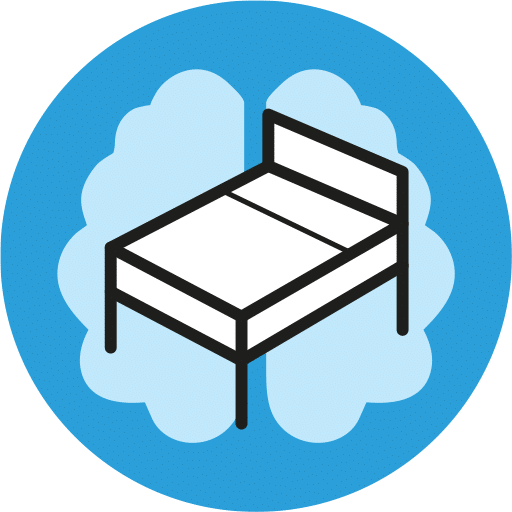We have all heard the terms Baby Boomers, Gen X, Gen Y, Gen Z, and our current younger generation, Gen Alpha.
And I would like to introduce you to the term, Gen Rx, or, more accurately, Generations Rx. Note the plural use of generations, as it refers to a few of our current generations.
What are the differences among these generations?
The major differences seem to be related to the technology boom, including computers, cell phones, and the internet.
My friend and colleague, Randy Dean, MD, a child psychiatrist, jokingly emailed me about the term, “Gen Rx.” She feels that so many people seem to want the quick, magic, easy pill.
After giving this some thought, I realized that there are a lot of good reasons for this wish:
- People are so busy these days!
- It’s faster and easier to take a pill than to see a therapist and do therapy homework.
- They’d rather relax.
- “Big Pharma” has convinced them, through advertising on television and radio, and in magazines, that people have a “chemical imbalance” and medication is the answer to many conditions.
In the current millennial generation, in addition to having children, parents are often working full time. If they’re putting in a jam-packed day at work, then coming home and having to cook, clean, do laundry, and spend time with their kid(s), it can be overwhelming.
And they may be thinking that the last thing they have time to do is take their child to see a mental health professional.
Is it any surprise that they would want a pill, hoping for “the quick and easy fix” for their child’s problem?
As it happens, for anxiety, medication is often not the answer. Or, if it works, there is a very strong chance that this is due to the placebo effect.
Cognitive behavioral treatment, or CBT, has long been recognized as the gold standard for patients with anxiety. This is true for individuals of all ages.
In fact, in England, patients who are diagnosed with anxiety are recommended to seek CBT as a first line treatment! Not medication!
In the United States, thanks to “Big Pharma,” this is certainly not the case.
Even for performance anxiety (such as test anxiety, sports performance anxiety, stage fright, or public speaking), if medication is used, the side effects can be quite significant.
For bedwetting, the placebo effect can be as high as 59%, depending upon which medical study you read.
For irritable bowel syndrome (aka IBS), medication has been shown not to be effective. Virtually all of these patients have not only symptoms of IBS, but they also have anxiety. And, both of these problems need to be addressed.
Prophylactic medication for migraine headaches in children has been shown to be 50% effective in preventing this problem after one year of being on the medication.
For tics or Tourette syndrome, the most common medications used can often have horrendous side effects.
Patients with chronic pain are usually not helped by medication, at least not by medication, alone.
For all of the above problems, I use a combination of medical hypnosis and cognitive behavioral therapy (CBT).
I treat children, adolescents, and adults of all ages.
Typically, my patients experience significant improvement after only 1 to 3 visits.




